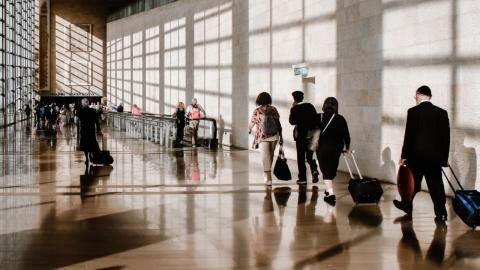Although you are looking forward to that trip you have planned for the summer, the thought of getting sick on while on the way to your dream destination is enough to make you anxious. If you or someone you know is prone to motion sickness, here’s why.
Discover our latest podcast
What is motion sickness?
Motion sickness is a feeling of wooziness, typically brought on by common means of transportation. Most people who experience this often feel nauseous, light-headed, an urge to vomit when travelling in a car, train, by plane or boat. The National Health Service (NHS) explains it as:
The inner ear sends different signals to your brain from those your eyes are seeing. These confusing messages cause you to feel unwell.
Other symptoms of this condition include:
- Drooling
- Dizziness
- Sweating
- Shortness of breath
The group most likely to experience motion sickness is children between the ages of 2 and 12. Pregnant women also tend to experience these symptoms when travelling.
Read more:
⋙ 3 strange protocols the Royals follow when travelling abroad
⋙ Travelling when in a relationsip could be exactly what your love life needs
⋙ This Is Why You Should Always Pack A Tennis Ball When Travelling
How to manage motion sickness
Motion sickness hardly requires a professional diagnosis, although some people take medication to manage the symptoms. Most people do know when it’s coming on and may devise one or several of these techniques listed by the NHS to deal with the illness:
- Looking straight ahead at a fixed point, probably the horizon
- If you can, sit in front of a car or in the middle of a boat
- Get as much fresh air as possible by opening a car window for instance
- Focus on your breathing by closing your eyes and taking in long, slow breaths.
However, it is not advisable for people who experience motion sickness to while away time by reading or using electronic devices. Also, you might want to avoid looking at moving objects, such as passing cars or rolling waves. If you have an impending trip, it is not recommended that you eat heavy meals, spicy foods or drink alcohol moments before or during the journey.















